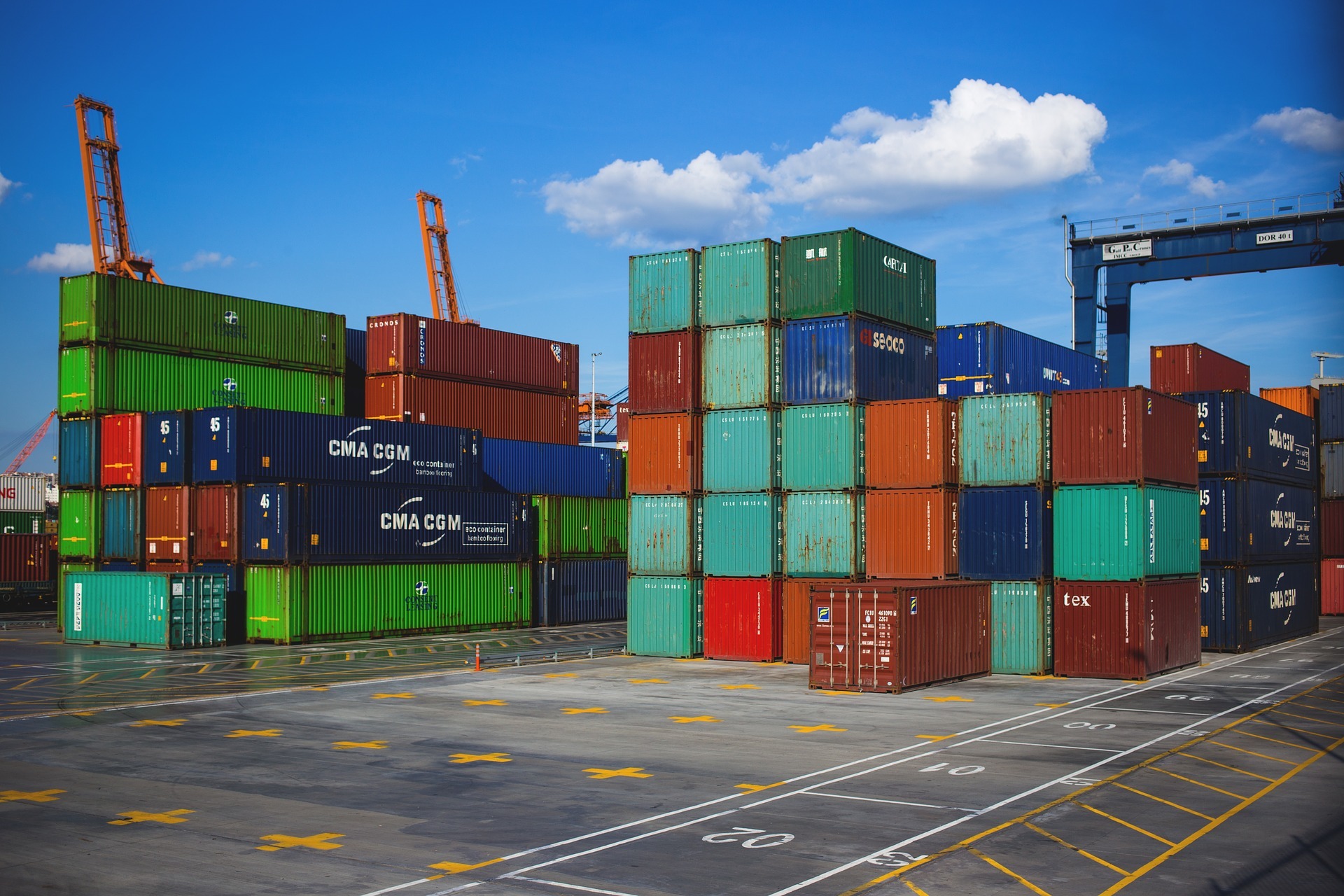A car buyer who has to wait nine months to receive his vehicle, car plants that have to stop because they have no semiconductors, work on a kitchen that comes to a standstill because there is a shortage of wood to make the furniture... We have all experienced or heard of some situations like these in the last few months. The paralysis of world economic activity due to the COVID-19 pandemic, the shortage of components and supplies, the rise in fuel prices and the transportation crisis due to geopolitical problems and the war in Ukraine, are putting in check the economic model that has been in force for the last decades.
All of these are factors that are favoring a new phenomenon, the extent of which is yet to be determined: relocation. This term is increasingly used to refer to a change of location of a production process, which had previously been delocalized, creating the phenomenon of economic globalization. In recent decades, many companies and industries have unambiguously opted to locate their production sites in so-called developing countries, many of them in Asia, in order to gain competitiveness and reduce labor costs.
But this model is beginning to change due to the complex reality of the world we live in and the great challenges we face at every moment. In this sense, Joan Romero, executive director of Acció, points out that value chains are shortening and that there is a shift towards relocalization and multilocalization, since "companies must be close to customers". Laia Bonet, deputy mayor of Barcelona City Council, points out that relocation helps to "reduce inequalities, diversify the economy, generate more value and wealth and allow us to move towards a more sustainable and environmentally friendly economic and social model". It is clear that when goods are produced, marketed and consumed in the country of origin, there are more opportunities to protect the environment and boost the local economy. Time will tell if this is a generalized trend, but for the moment a company like Leroy Merlin, one of the major distributors, has increased its purchases from local suppliers. In Spain they represent 82% of the total, some 1,400 million euros in purchases so far this year.

